Ho Chi Minh City Banking University (HCMC) - a training institution that has not yet covered its regular expenses - said that in the 2023-2024 school year, the tuition fee for the regular university program is expected to be VND 7,050,000/semester; the high-quality regular university program is expected to be VND 17,922,500/semester. Compared to previous school years, the tuition fee for the high-quality program has increased by 5%; the general program has increased by about 40%.
Increase tuition fees, ensure regular expenses
According to Dr. Nguyen Anh Vu, Head of the Department of Communications and Brand Development - Banking University of Ho Chi Minh City, the school has not increased tuition fees for many years, so this year the increase has been adjusted according to Decree 81/2021. Although it has increased by 40%, in reality, the tuition fees of this school are among the lowest compared to schools that are implementing regular and investment spending guarantees.
The announcement of Ho Chi Minh City University of Technology (a private school) shows that in the 2023 enrollment period, the school will collect tuition fees at a unit price of 1,300,000 VND/credit for normal majors, 1,400,000 VND/credit for medical testing technology, and 1,500,000 VND/credit for pharmacy. Dr. Nguyen Quoc Anh, Vice Principal of the school, said that this year, the school increased tuition fees by 10%, compared to 7% last year.

Students pay tuition at a university in Ho Chi Minh City. Photo: TAN THANH
At Ho Chi Minh City University of Industry (which is ensuring regular and investment expenses), tuition fees for the 2023 enrollment period are about 30 million VND/year, an increase of 10% compared to the 2022 enrollment period. Dr. Nguyen Trung Nhan, Head of the school's Training Department, said that increasing tuition fees is mandatory because teachers' salaries have increased, investment in facilities and equipment, regular expenses, etc. are also constantly increasing. This is a school that trains many technical majors, so investment in equipment for these majors is too large, while the state investment budget is no longer available.
According to the leaders of Hanoi Law University, in the 2023-2024 school year, the school will continue to increase tuition fees according to the roadmap prescribed by the Government for autonomous educational units according to the level of autonomy in regular expenditure. The tuition fee increase will not exceed twice the ceiling level for the 2022-2023 school year. The school also has a policy of exempting and reducing tuition fees for students to ensure learning opportunities for those in difficult circumstances.
Hanoi Medical University also increased tuition fees according to the roadmap stipulated in Decree 81. Mr. Bui Anh Tuan, Principal of Foreign Trade University, also said that the school will increase tuition fees according to the roadmap. The University of Transport plans to increase tuition fees by about 10%. Specifically, the technical block is 415,800 VND/credit, the economic block is 353,300 VND/credit...
There is no other way!
At the workshop to provide comments on the draft Decree amending and supplementing tuition fees at national educational institutions recently organized by the Ministry of Education and Training, Mr. Ngo Van Thinh, Deputy Director of the Department of Financial Planning of the Ministry of Education and Training, said that according to Decree 81, from the 2022-2023 school year, tuition fees at public educational institutions will increase according to the annual roadmap. However, due to the impact of the COVID-19 pandemic, the Government issued Resolution 165/2022 - keeping tuition fees at public educational institutions unchanged for the 3 school years 2020-2021, 2021-2022 and 2022-2023.
Mr. Ngo Van Thinh commented that keeping tuition fees stable has caused difficulties for educational institutions when balancing resources to improve the quality of education, investing in facilities in limited economic conditions, and regular budgets are cut every year. For public universities, tuition fees account for over 80% of the school's total revenue. Therefore, the need to apply tuition fees according to the roadmap stipulated in Decree 81 of the Government is necessary to offset regular operating costs and improve the quality of education.
Mr. Nguyen Duy Cuong, Principal of Thai Binh University of Medicine and Pharmacy, said that the cost of training in the medical and pharmaceutical sector is very high. The regular expenses have increased while tuition fees have not been increased in the past 2 years, causing many difficulties in the school's general operations.
Mr. Le Hieu Giang, Principal of Ho Chi Minh City University of Technical Education, informed that 86% of the school's operating budget comes from tuition fees. The school has tried to adjust salaries for lecturers to ensure a relatively good income to retain workers and avoid "brain drain". However, their income compared to lecturers at private schools is still relatively low, and if tuition fees do not increase, it will be very difficult.
The principal of a university in Ho Chi Minh City (who asked not to be named) said that increasing tuition fees will have a strong impact on students’ access to university. However, schools have no other choice as they are implementing a roadmap to ensure regular and investment spending. While they should have invested heavily in education, the state budget has been cut.
"There are also no large investment projects for scientific research and development, so in general, it is difficult for universities to develop science and technology, research and transfer technology to diversify their revenue sources. Therefore, most of the schools' revenue still comes from students," the principal stated.
No reduction in college admissions
Regarding university tuition fees, Deputy Prime Minister Tran Hong Ha has just directed the Ministry of Education and Training to focus on implementing Resolution 74/NQ-CP of the Government; preside over and coordinate with the Ministry of Justice, the Ministry of Finance, the Ministry of Labor, War Invalids and Social Affairs and relevant agencies to urgently amend and supplement Decree 81/2021/ND-CP according to simplified procedures and submit to the Government before May 30 so that localities and educational institutions have a basis to decide on the time and level of tuition fees for the 2023-2024 school year.
For university education, research an appropriate roadmap, and promptly apply tuition policies in the direction of calculating correctly and sufficiently to promote and improve the quality of education. At the same time, implement appropriate support mechanisms and policies (scholarships, tuition exemptions and reductions), allocate funds from target programs; implement preferential credit programs for students; human resource ordering mechanisms of ministries, branches, organizations, and enterprises... so as not to reduce the opportunities to enter universities, especially high-quality universities, for policy beneficiaries, poor but excellent students, and disadvantaged people...
Source




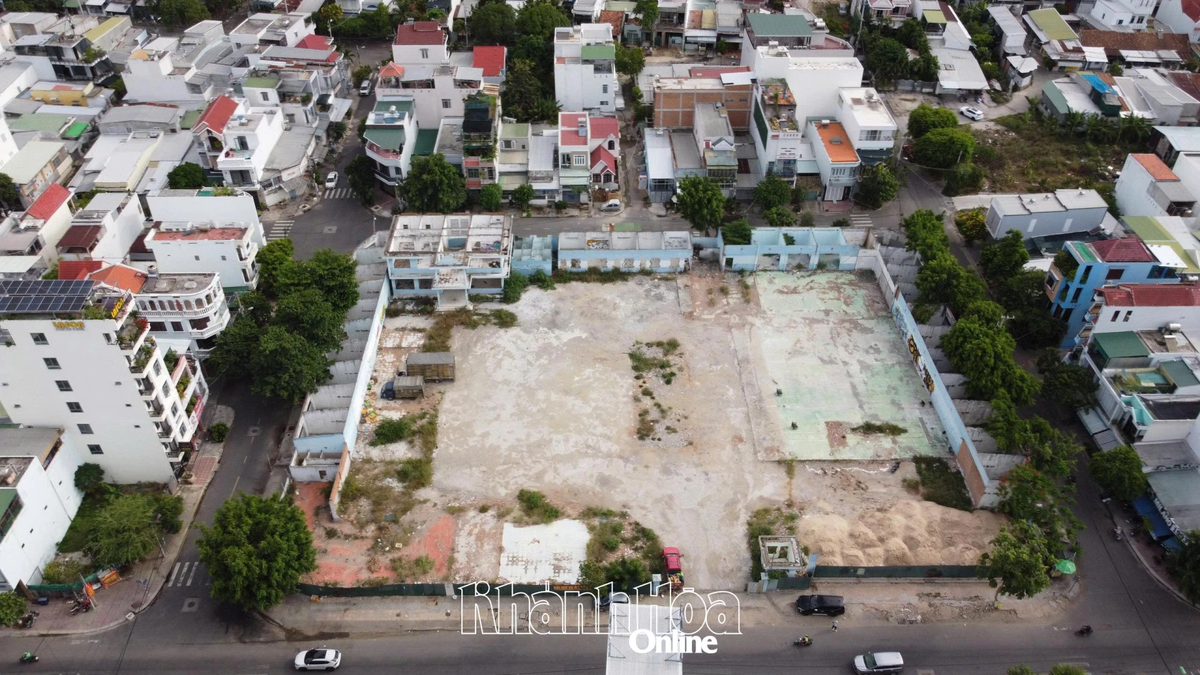
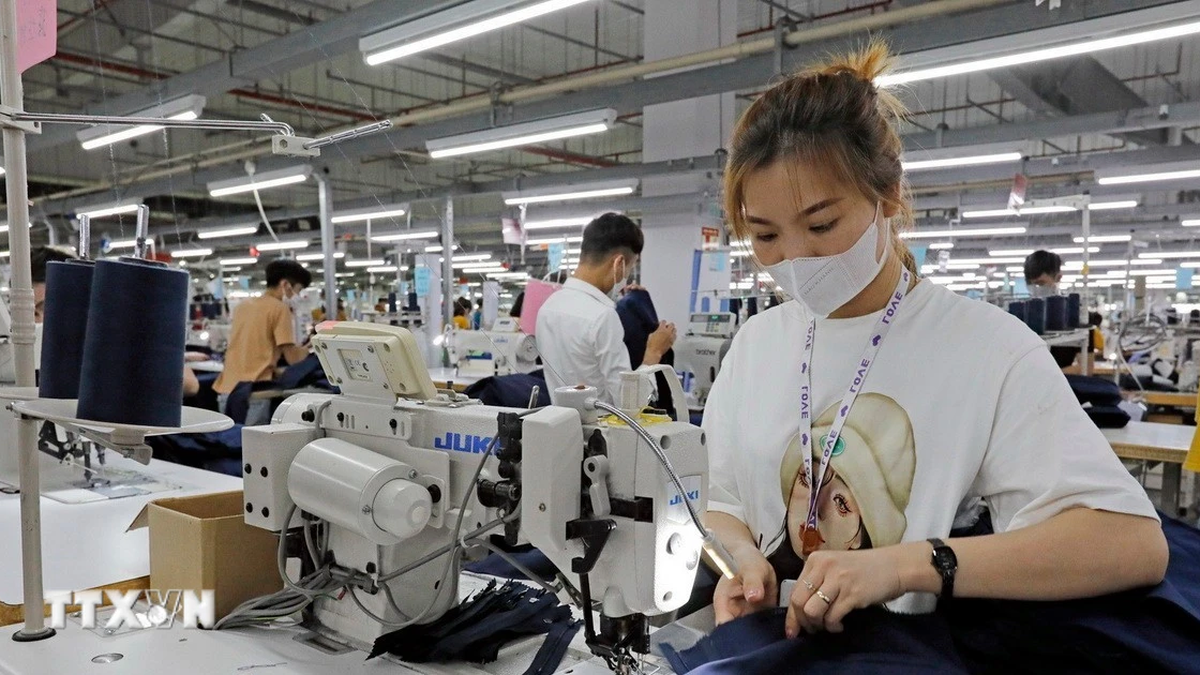
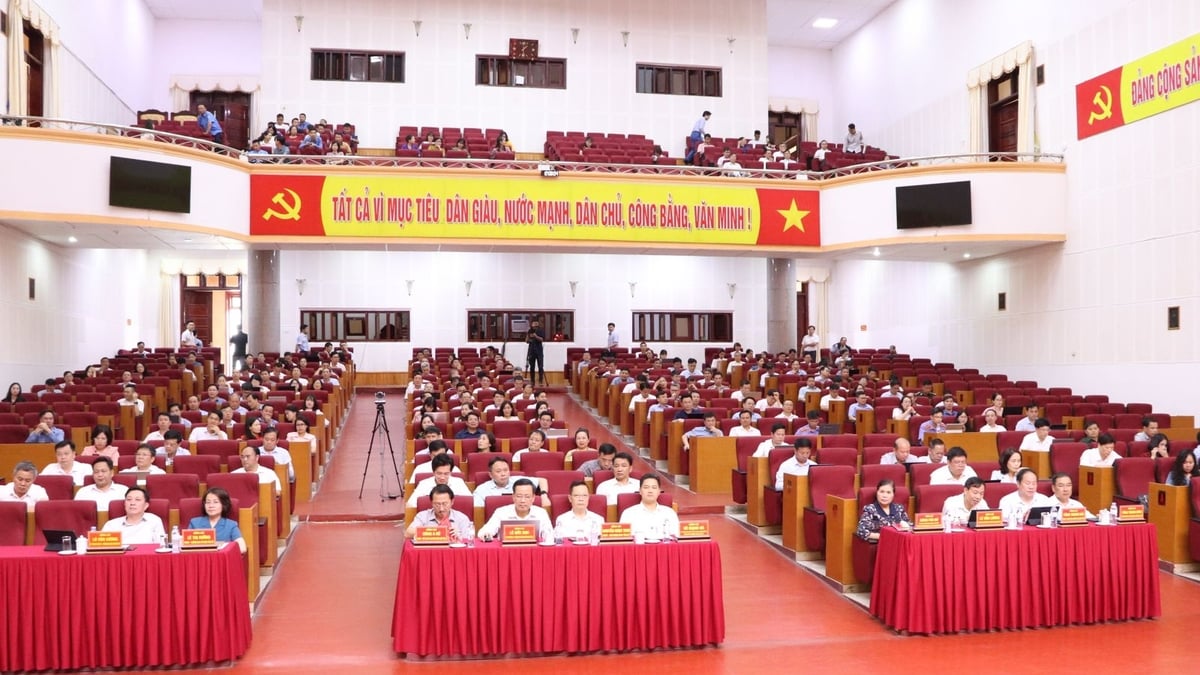
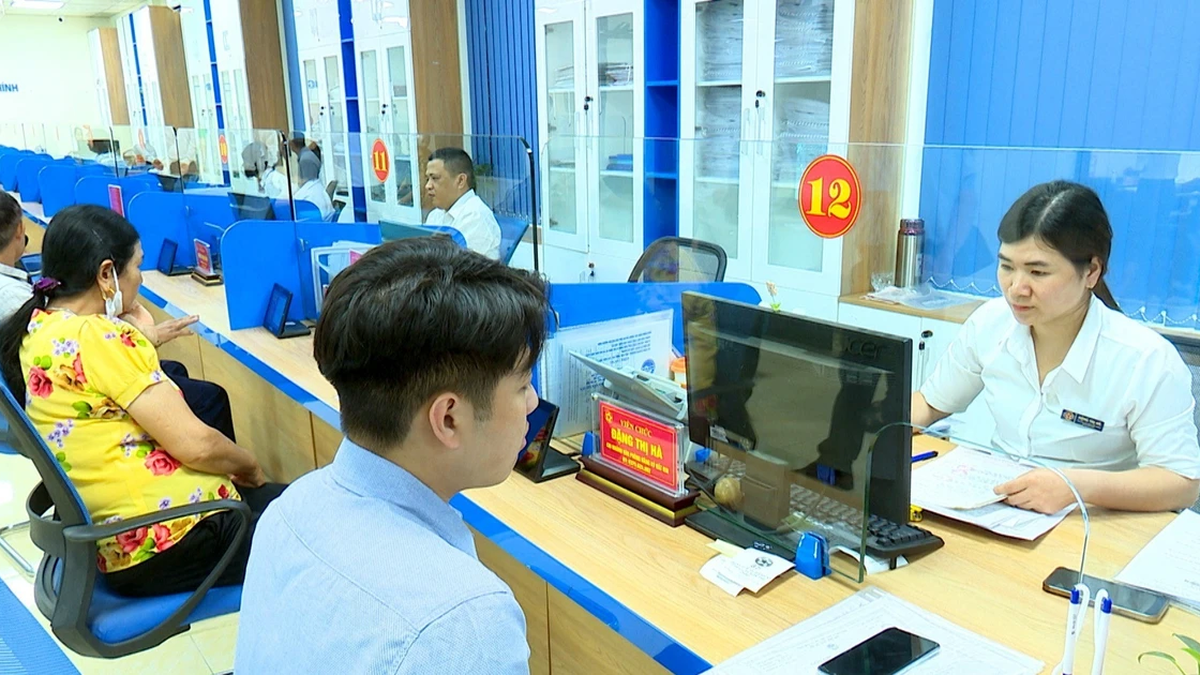















































![[Maritime News] Two Evergreen ships in a row: More than 50 containers fell into the sea](https://vphoto.vietnam.vn/thumb/402x226/vietnam/resource/IMAGE/2025/8/4/7c4aab5ced9d4b0e893092ffc2be8327)


















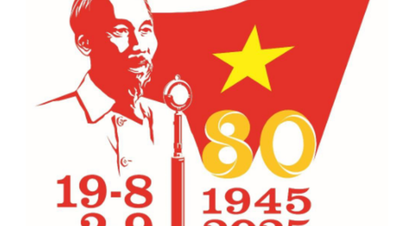

























Comment (0)